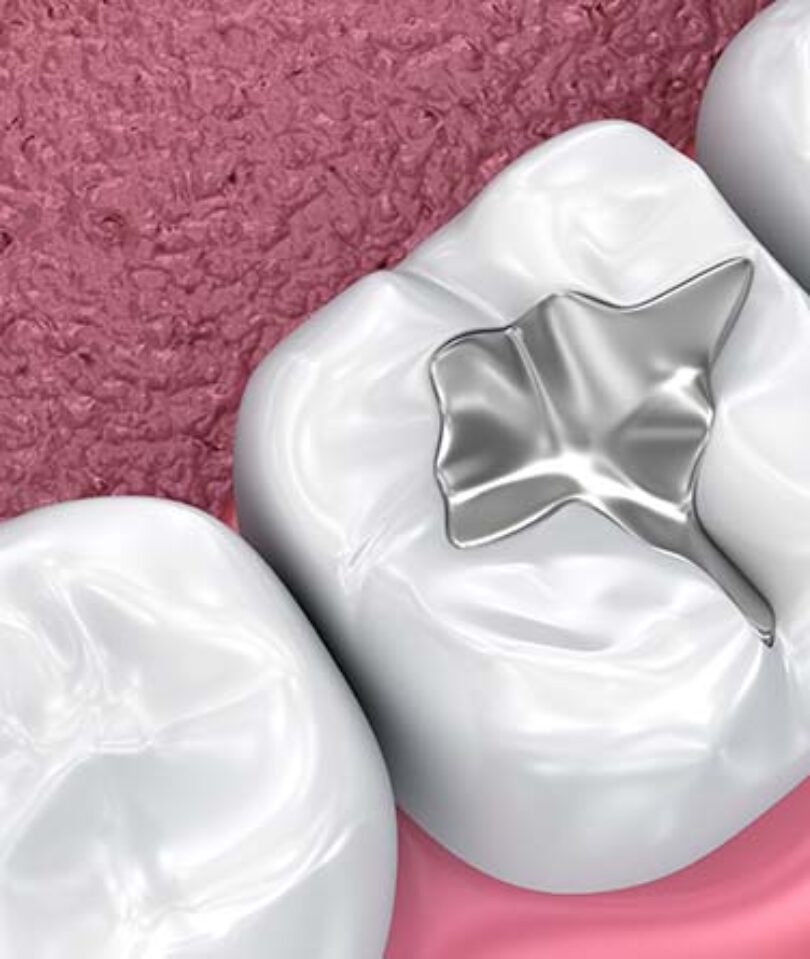During a consultation, your dentist will assess your oral health, discuss treatment options, explain costs, and create a treatment plan tailored to your needs.

Restorative dentistry includes among other procedures: fillings, crowns, bridges, root canals, dental implants and dentures. Preservation of natural teeth coupled with aesthetic enhancement is the focus of this type of treatment.
Who does Restorative Dentistry suit?
Benefits of this treatment
During a consultation, your dentist will assess your oral health, discuss treatment options, explain costs, and create a treatment plan tailored to your needs.
Dental fillings are used to repair small to moderate cavities, while dental crowns are caps that cover and protect damaged or weakened teeth, providing more extensive repair and support.
The longevity of treatments varies, but many can last for several years or even decades with appropriate care and maintenance as directed by your dentist.
Most restorative procedures are performed under local anaesthetic, which reduces discomfort and pain. After the procedure pain can often be managed with painkillers.
Yes, many restorative procedures include preventive measures to protect teeth from future damage, such as using dental crowns to reinforce weakened teeth.
In most cases, you can resume eating normally once any numbness from the anaesthesia wears off. Your dentist may recommend avoiding certain foods temporarily, depending on the procedure.
Following your dentist’s advice as well as regular brushing, flossing, and routine dental check-ups are essential for maintaining dental restorations and preventing further issues.
We take pride in our trusted relationships with our referral community which we have established over many years, complimenting your existing services and range of treatments for your patients. With some of Northern Ireland’s most experienced clinicians, our team have been accepting referrals for many years.
Refer Online


